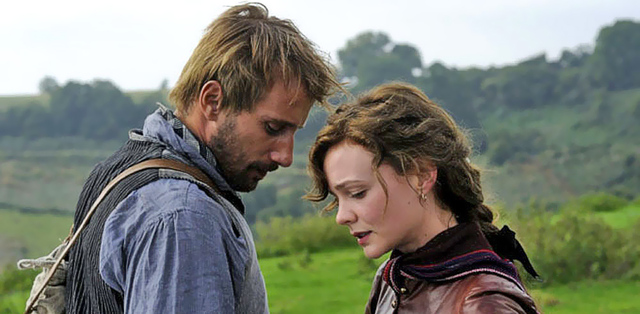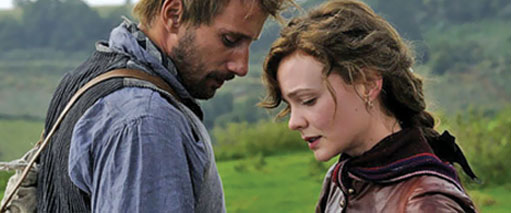Film Review: Far From The Madding Crowd
Gritty, 19Th-Century English Romance Finds Love And Hate Down On The Farm


Latest Article|September 3, 2020|Free
::Making Grown Men Cry Since 1992

